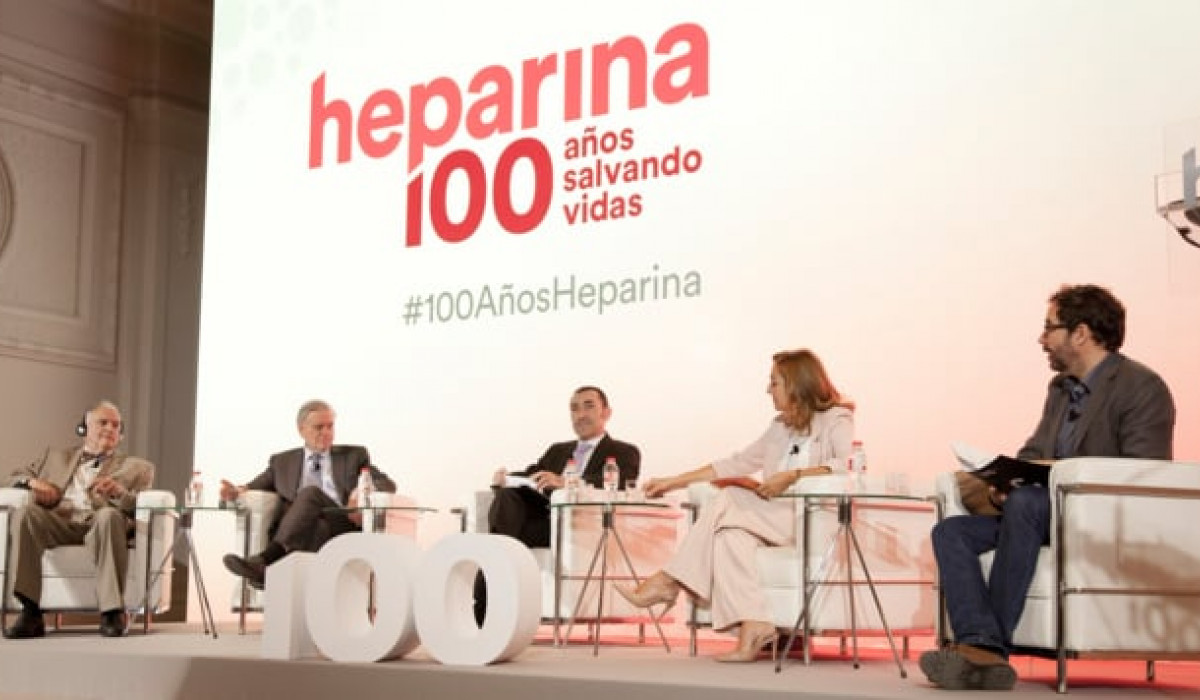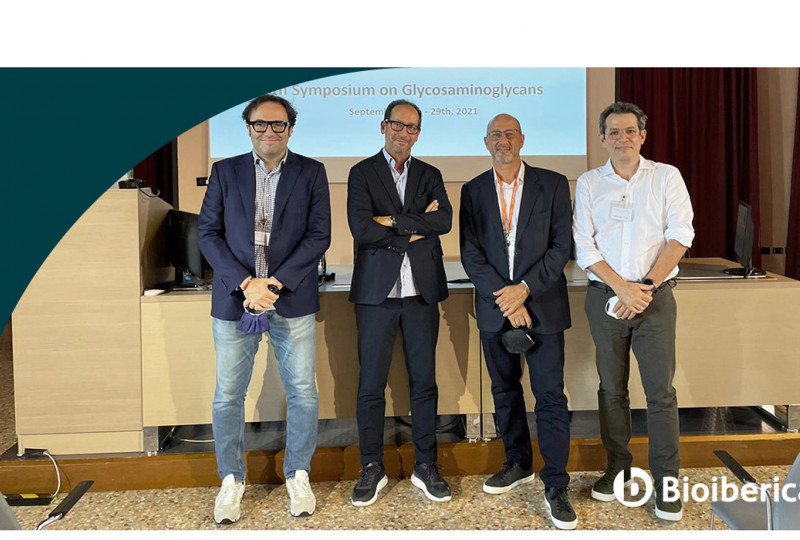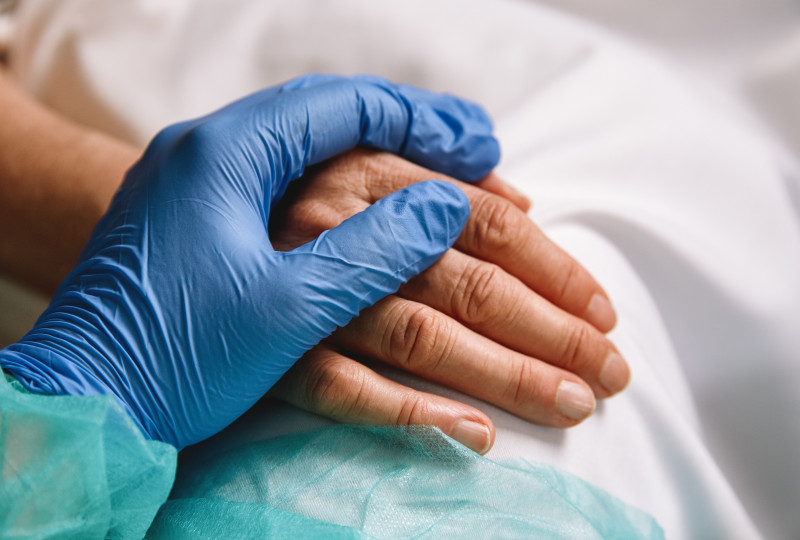Spain is a worldwide leader in the production of heparin and in the research of new uses for this drug
- Heparin is deemed a medical advance as important as penicillin
- 20% of the heparin administered worldwide is produced in Spain
- Heparin is the most used drug for the prevention and treatment of thrombosis, and it has been declared an essential drug by the World Health Organization
- It is calculated that heparin saves some 100 million lives every year
- This drug, discovered 100 years ago, is of proven efficacy and safety and is still widely used in clinical practice

Heparin, an antithrombic, anticoagulant drug that was declared an “essential drug” by the World Health Organization (WHO), is celebrating the centennial of its discovery this year. To commemorate this event, the Pro CNIC Foundation and Bioibérica, in collaboration with Sanofi, Laboratorios Rovi, Fundación Cotec para la Innovación and Marca España have arranged an institutional event of scientific character that includes the participation of noted lecturers, such as Dr. Valentí Fuster, Dr. Robert Daniel Rosenberg, Ms. Carmen Vela (the State Secretary for R&D), and Jorge Barrero (the General Director of the COTEC Foundation for Technological Innovation).
Spain began producing heparin in 1975, the same year that the use of heparin became prevalent in clinical practice, becoming the first Western producer worldwide. Now Spain produces 20% of the heparin administered worldwide.
The celebration of the centennial of heparin has reunited all sectors and agents related to this drug for the prevention and treatment of thrombosis, which saves 100 million lives each year. The field of medicine and in particular cardiology (one of the medical specialties benefitting most from the use of this drug) was represented by Dr. Valentín Fuster and by the Pro CNIC Foundation; innovation (since the heparin molecule is being studied for new uses) was represented by the COTEC Foundation. In addition, the meeting was also attended by the first Western producer of the active ingredient, Bioibérica; the worldwide leader in heparin and cardiovascular diseases, Sanofi; and by the Spanish firm Laboratorios Rovi.
Heparin is the treatment of choice for the prevention of venous thrombosis, a pathologic process which causes one in four deaths in the world, that is, more than cancer, HIV or traffic accidents. In this regard, Dr. Valentín Fuster, Head of the Cardiology Unit of the Mount Sinai Hospital (New York, United States) and General Director of the Carlos III National Center of Cardiovascular Research explained that “Heparin is an advance in medicine as important as penicillin, and its discovery represented an incredible step forward for the health of the general population”. He also added: “I feel proud of the contribution of Spain to the development of this drug, which is incredibly important in the history of medicine”.
Heparin is an essential drug for a large number of medical specialties such as general and vascular surgery, trauma, gynecology, oncology, hematology and cardiology, among others. It is thought that without heparin, modern medicine would not exist as we know it. Dr. Robert Daniel Rosenberg (M.D. Ph.D.) from the Beth Israel Deaconess Medical Center (Boston, United States), one of the most important experts worldwide in heparin, announced that “as we keep researching the functions carried out by each molecule component, we will discover new uses for it”.
In this regard, and although it is 100 years old, heparin remains an essential drug in medical practice, in particular in modern surgery. Additional uses in malaria, cystic fibrosis, prevention of repeating miscarriages and oncologic treatment are also under study. Carmen Vela, State Secretary for Research, Development and Innovation of the Ministry of Economy and Competitiveness, affirmed that “the history of heparin is a story of success which must encourage us to keep moving forward on the path of innovation, research and healthcare”.
Jorge Barrero, General Director of the COTEC Foundation, insisted that “it would be a good thing if the research being currently carried out in Spain in the field of heparin could be translated to other types of molecules”.
Scientists attribute to heparin a growing number of biological properties due to its capacity to interact with a large number of proteins (extracellular matrix proteins, enzymes, enzyme inhibitors, growth factors, proteins of microbial origin, etc…). The roadmap to advance towards these other uses include finding a modified heparin molecule that could suppress their hemorrhagic and anticoagulant properties and develop to its full potential all its properties not related to coagulation, such as antitumor, antiviral, anti-inflammatory, etc. At the international level, the use of heparin is being investigated for the treatment of cancer, Chronic Obstructive Pulmonary Disease (COPD), organ transplantation, arthritis, asthma or pulmonary emphysema, among others.
The event was held at the Carlos III Institute of Health and was attended by more than 120 representatives of the healthcare world: scientists, physicians and representatives of the pharmaceutical and biotech industry in Spain.
Related News
A crucial initiative to prevent shortages of critical medicines in the European Union.
The 28th Symposium on Glycosaminoglycans, an internationally renowned scientific event focusing on glycosaminoglycans, will be sponsored by
- Bioiberica produces 20% of the world's Heparin API.
- Heparin saves around a hundred million lives every year.
- One out of every 5 doses of heparin administered in the world comes from Bioiberica.


